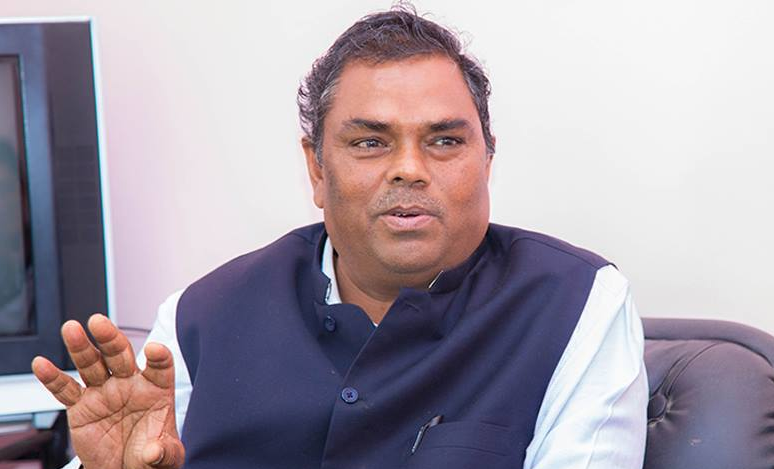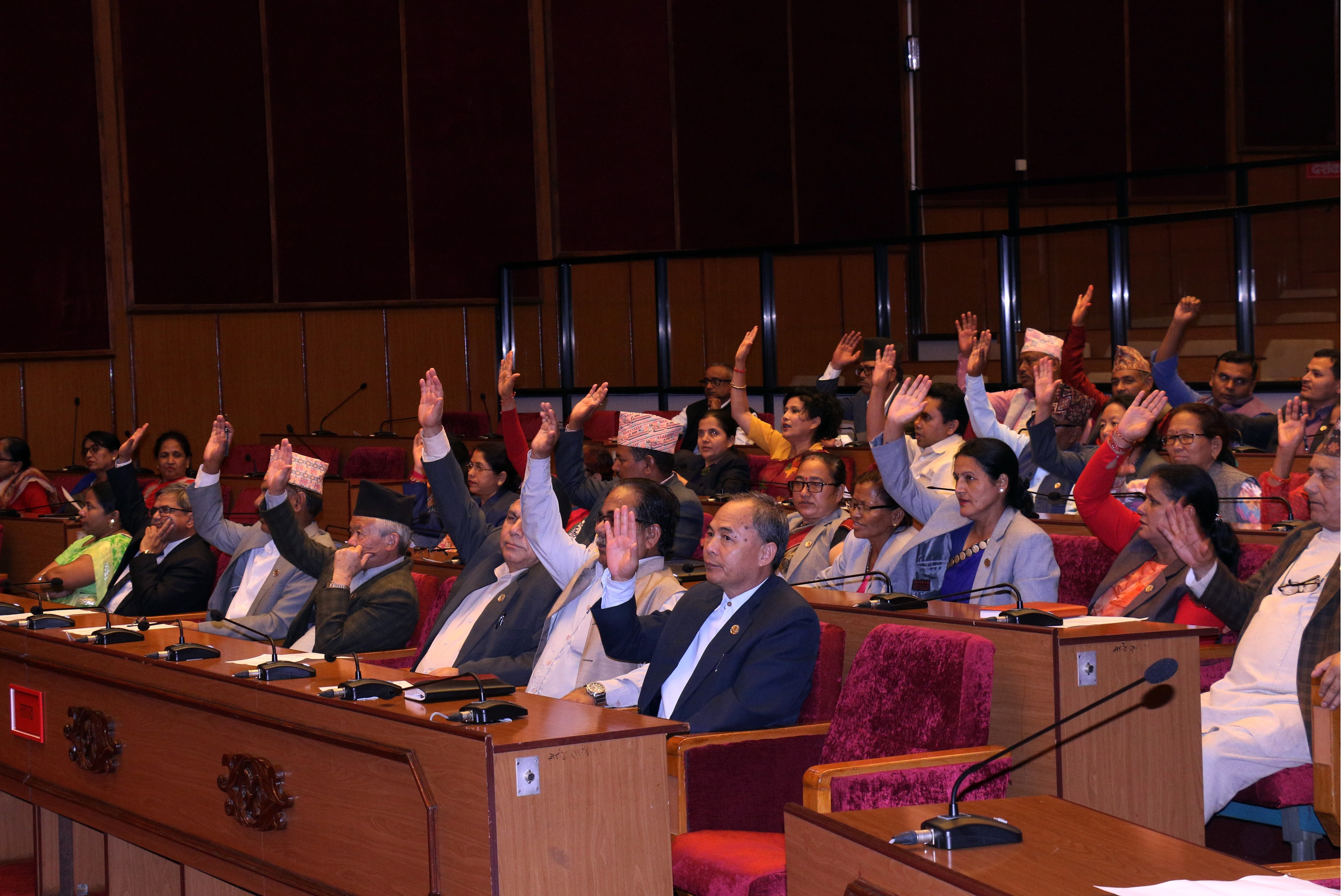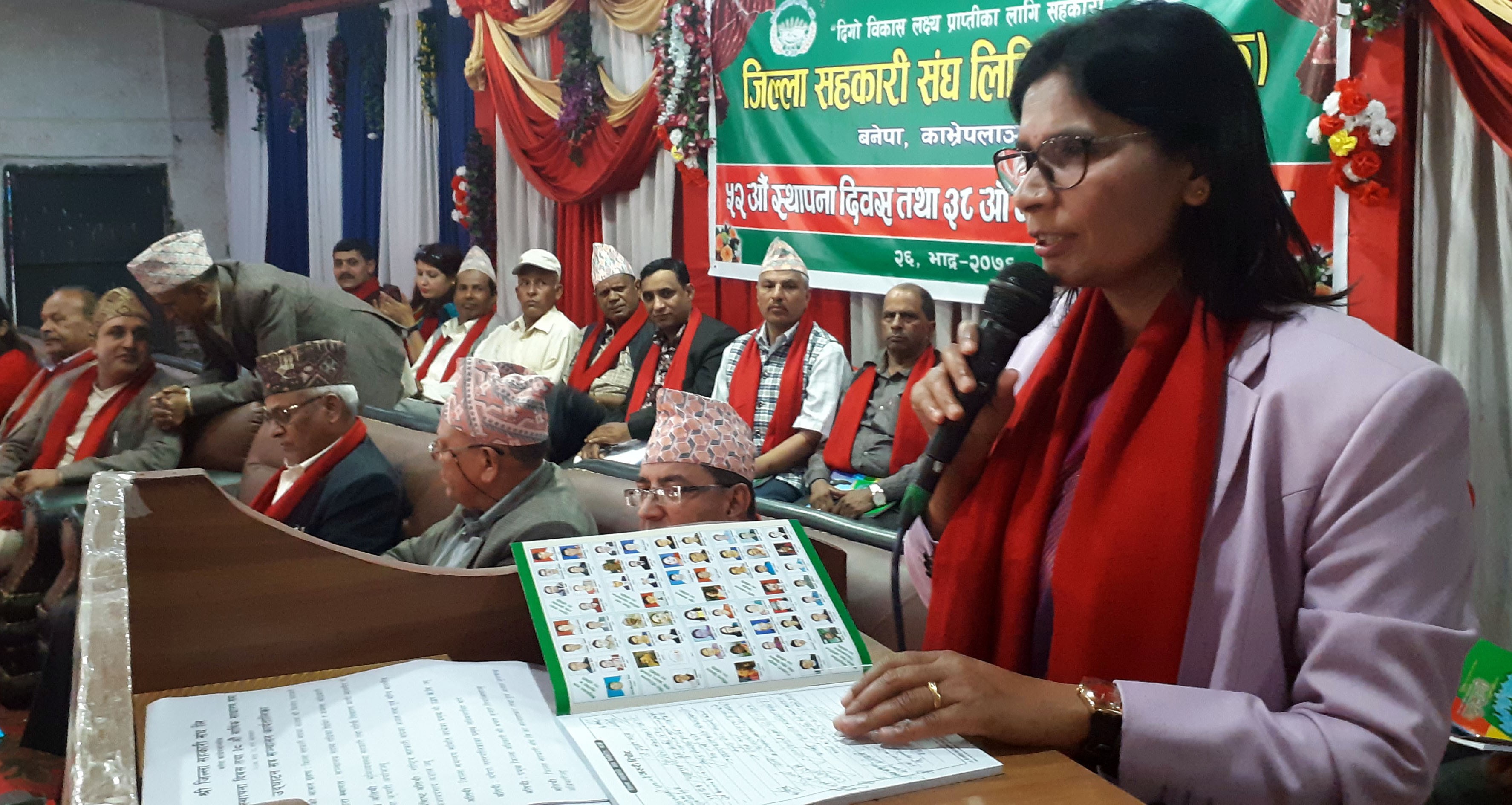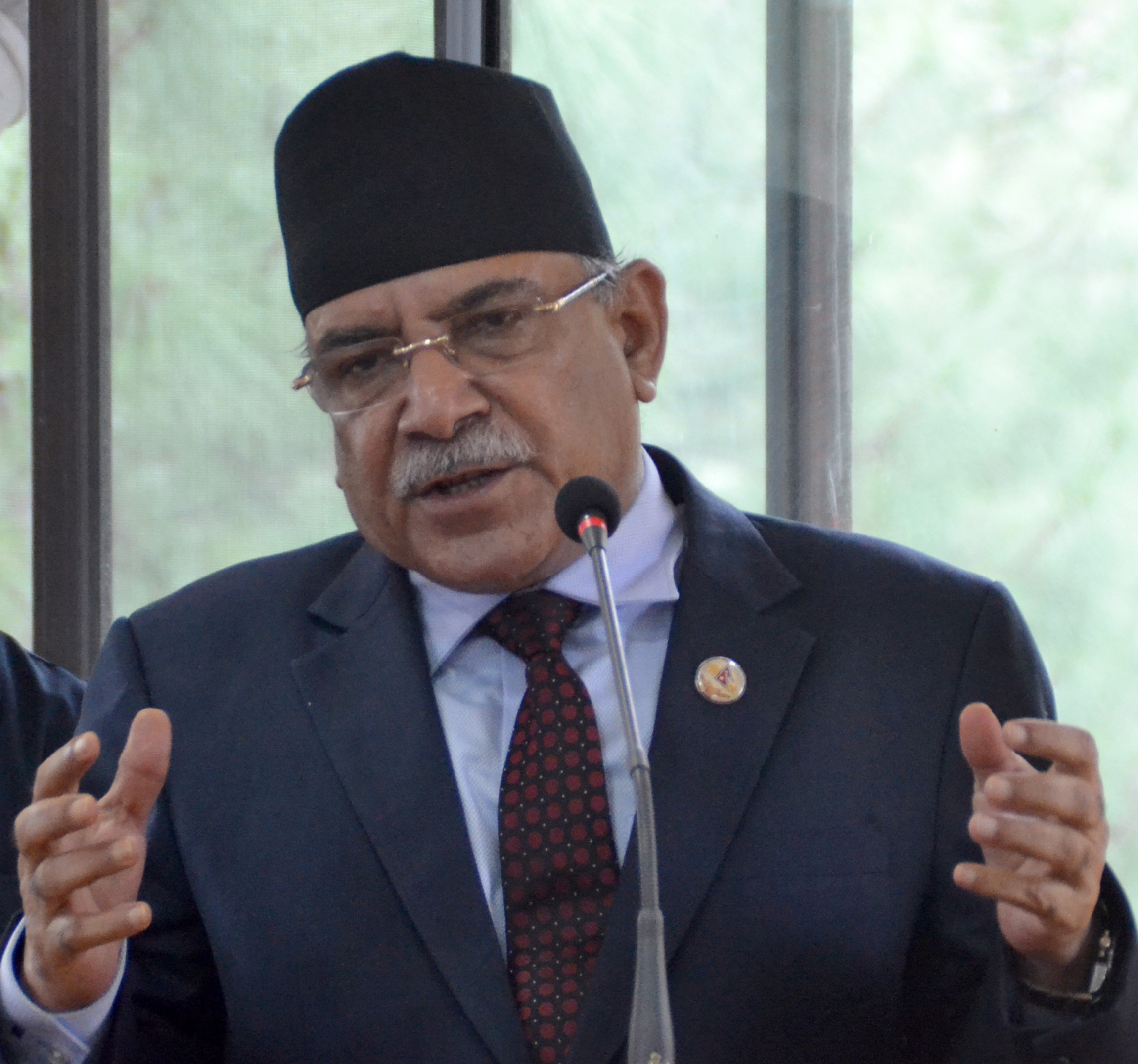Online media in priority to get information
Kathmandu, May 30 : The media consumers from different professions have said they give priority to the online media to get daily information at a time when the lockdown is enforced to contain COVID-19 in Nepal. It was revealed by a survey conducted by Press Council Nepal on 'credibility of media in COVID-19 crisis.'
Among 176 respondents, 56 (31.80%) said they have prioritized the online media for reading and listening to the daily news. Similarly, 43 persons said they depended on social networking sties to get information and 40 viewed that they listened to radio to get news.
The survey report released on Friday stated that only 18. 80 percent of the respondent said they watch television to get the news. Similarly, the number of respondents reading newspaper for the information stands 2.30 percent.
The respondents were media persons, employee, professors and teachers, farmers, workers, security persons, businesspersons, doctors, bankers, politicians and students. The survey covered all seven States and the Kathmandu Valley. All districts had proportional participation.Various eleven questions were put forth in the survey. Some questions were: what sorts of information/news were disseminated in the media including in the social networking sites? What was the effect and credibility of the news/information? What can be done to promote adherence to the journalists' code of conduct?
Fifty percent of the respondents however said television is the most trustworthy media. It was followed by newspaper and radio.
However, the respondents had little trust on social networking sites with 1.1 percent believing it.
Similarly, 13.10 percent readers have trust on online news these days. Only 62.5 percent participants responded that the media have followed its code of conduct while 14.8 percent stated that the media have fully abided by the code of conduct.
More than ninety percent participants stated that online media portals have violated code of conduct. Print media were in the second to violate code of conduct.
The report further stated that among the social networking sites, 80.7 percent participants said Facebook was credible and it is followed by YouTube and the Twitter.
On another query on who the genuine journalists are, 72.7 percent participants said the person with continuity in journalism, long experience in it, devoted, accountable and converging news based on facts was the genuine journalist.
Similarly, 19.35 percent participants stated that only those who have studied journalism could be regarded as genuine journalists.
Recent News

Do not make expressions casting dout on election: EC
14 Apr, 2022
CM Bhatta says may New Year 2079 BS inspire positive thinking
14 Apr, 2022
Three new cases, 44 recoveries in 24 hours
14 Apr, 2022
689 climbers of 84 teams so far acquire permits for climbing various peaks this spring season
14 Apr, 2022
How the rising cost of living crisis is impacting Nepal
14 Apr, 2022
US military confirms an interstellar meteor collided with Earth
14 Apr, 2022
Valneva Covid vaccine approved for use in UK
14 Apr, 2022
Chair Prachanda highlights need of unity among Maoist, Communist forces
14 Apr, 2022
Ranbir Kapoor and Alia Bhatt: Bollywood toasts star couple on wedding
14 Apr, 2022
President Bhandari confers decorations (Photo Feature)
14 Apr, 2022











